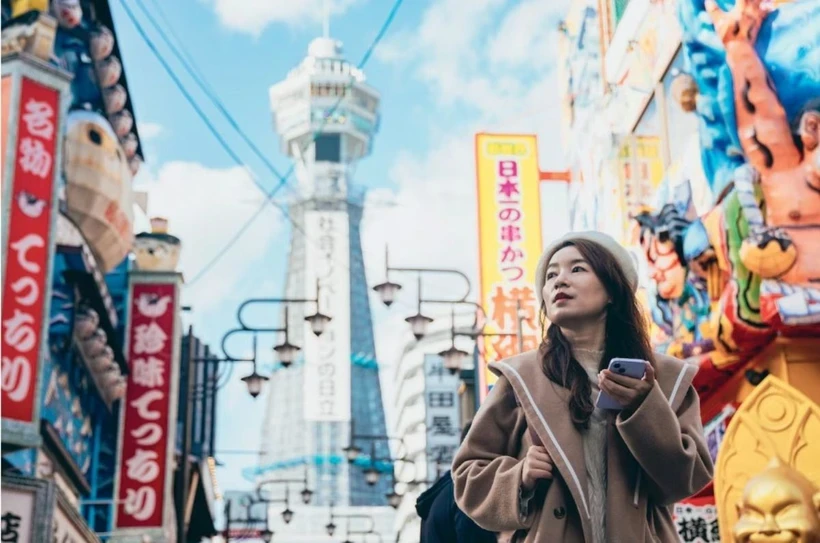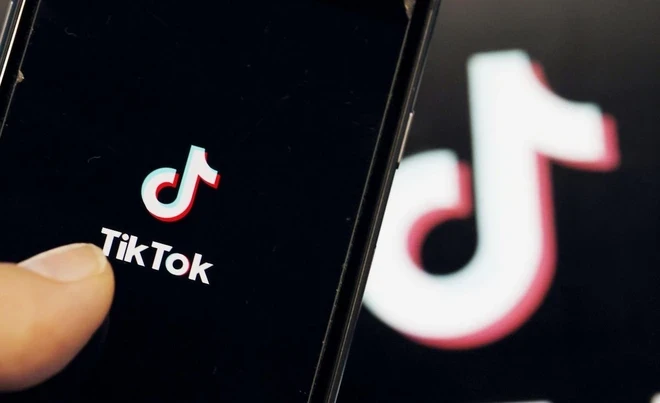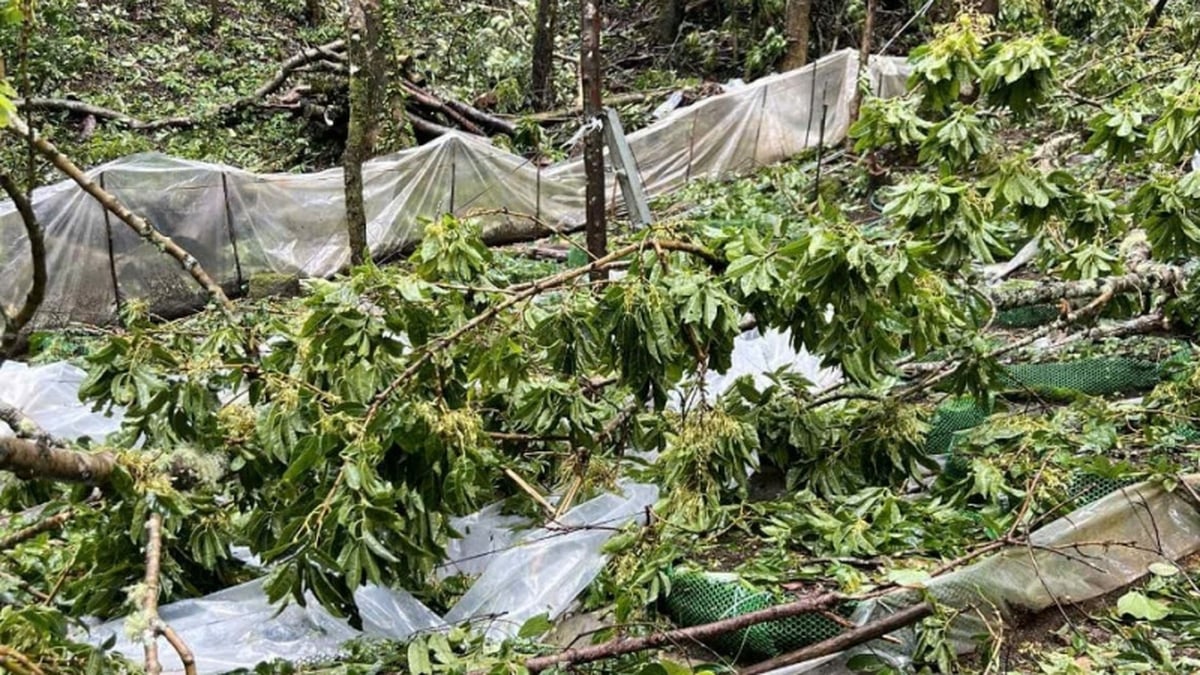More than 70% of TikTok users in Europe say they are likely to book a travel holiday based on recommendations they see on the social platform.

From “traveler roleplay” videos highlighting lesser-known destinations, to packing tips and transportation suggestions, TikTok has become a source of knowledge and inspiration for globetrotters .
But the social platform has also been controversial, with content creators crowding “secret” spots with tourists and sometimes promoting unethical practices. Here’s what you need to know about how the platform is changing the face of travel.
What makes TikTok different?
Relatively new compared to YouTube and Instagram, TikTok launched in 2016 and has since amassed over 1 billion monthly active users.
The app’s engaging format — short, shareable videos — and addictive algorithm have proven particularly popular with younger users, with 70% of users under 34. Views of travel content on the app have increased 410% since 2021, according to TikTok data.
Emma Cooke (@petite.blondine), a TikTok creator, says it's the authenticity of the videos that makes them so appealing.
“If a picture is worth 1,000 words, a video is worth 10,000 words… Travelers [using] TikTok are looking for authenticity,” she said.
How are travelers using TikTok?
More than 70% of TikTok users in Europe said they would be likely to book a vacation based on recommendations they saw on the platform. Adobe research found that more than 60% of US Gen Zers used TikTok as a search engine.
Typing in a search term like “Top things to do in Paris” will bring up a ton of videos, ranked by popularity – and the algorithm will help you find the next ‘right’ ones. TikTok also geo-locates, giving you destination-based content as you travel.
“I always use TikTok to plan my itineraries when I travel – often better than Tripadvisor,” says Gen Mohacsy, a 25-year-old medical secretary living in the UK.
Videos can give a detailed perspective on a place that you can't get just by reading. That's how I found the night markets in Auckland when I was traveling in New Zealand."
What trends have emerged?
There are many trends, from the weird to the useful.
This year saw the “airport tray aesthetic” trend, with content creators posting images of their travel essentials artfully arranged on airport security trays.
There's also "raw-dogging" — which means taking long trips without any entertainment; and "grocery store tourism" — which means exploring the aisles of supermarkets in foreign countries.

Additionally, according to a report by Advantage Travel Partnership, many users are concerned about “‘travel dupes” – swapping popular destinations for cheaper, less crowded alternatives (like Croatia for Montenegro).
What are the disadvantages of TikTok?
TikTok attracts a host of extraordinary content creators whose insights can be incredibly helpful to travelers. But they also have the potential to be harmful, sometimes leading thousands of tourists to places that don’t have the necessary “facilities.”
Many destinations have become victims of their own success.
A viral video in 2021 of China's Jianfengling Mountain and Daguang Dam reservoir turned the area into a must-see destination overnight.
A study published in the Journal of Outdoor Recreation and Tourism found that while tourists provide economic benefits, they also contribute to traffic congestion and put pressure on infrastructure.
Some businesses have reacted to TikTok's use. Dae, a New York coffee shop, adopted a no-video policy last year, stating: 'TikTok videos... have gotten a little out of hand for us.'
There is also the issue of promoting unethical tourism. Responsible tourism is a hot topic among TikTok users, with posts tagged #SustainableTravel (#DulichBenvung) attracting 78.1 million views.
But when Dr. Natara Loose, an American veterinarian, visited Mauritius this year, she said she was “shocked by the number of boats selling dolphin-swim tours, an activity that is illegal in Mauritius but has gone viral on TikTok.”
For better or worse, it's clear that TikTok has a huge impact on travel, especially among the younger generation - and this isn't going to change anytime soon./.
The above is the content of an article by author Annabel Fenwick Elliott, posted on National Geographic on November 18, 2024.
Source: https://baolangson.vn/nen-tang-video-tiktok-dang-thay-doi-bo-mat-cua-du-lich-nhu-the-nao-5029133.html


































































































Comment (0)